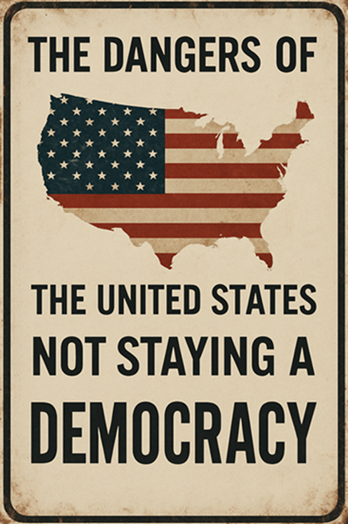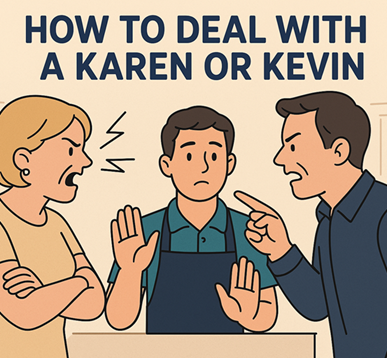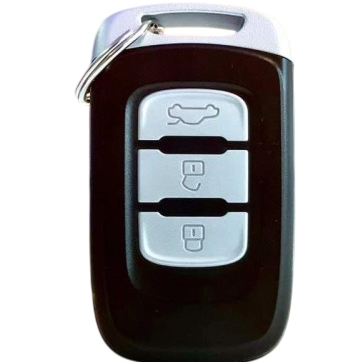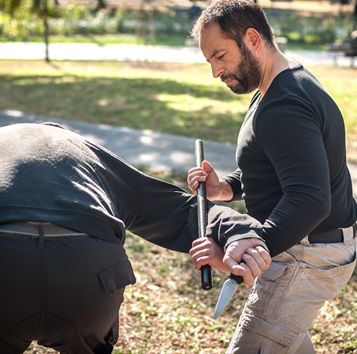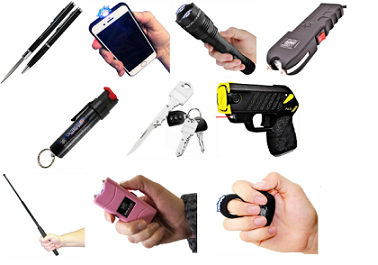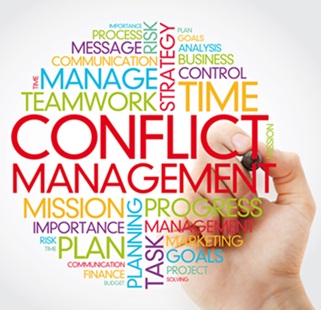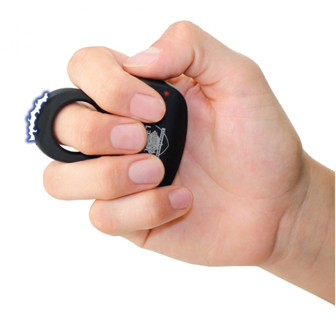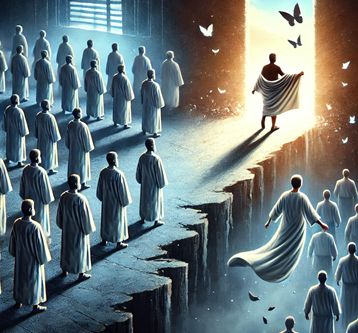How to Meet and Choose the Right Spouse for Yourself
 Choosing a life partner is arguably one of the most important decisions you’ll ever make. This decision can elevate your happiness, emotional health, and personal growth—or it can be a source of long-term stress and regret. Unlike other decisions that can be changed or reversed, marriage involves two lives intertwined emotionally, legally, spiritually, and often financially. That’s why taking the time to intentionally meet and choose the right spouse is not only wise—it's essential.
Choosing a life partner is arguably one of the most important decisions you’ll ever make. This decision can elevate your happiness, emotional health, and personal growth—or it can be a source of long-term stress and regret. Unlike other decisions that can be changed or reversed, marriage involves two lives intertwined emotionally, legally, spiritually, and often financially. That’s why taking the time to intentionally meet and choose the right spouse is not only wise—it's essential.
Whether you’re dating for the first time or reentering the relationship world after a divorce or breakup, this post offers a comprehensive guide to help you meet and choose the right spouse for you. Not for society. Not for your parents. For you.
1. Understand What “Right” Means for You
Before you even think about meeting someone, start with yourself. This is not cliché advice—it’s crucial.
Define Your Core Values
Values are your non-negotiables. They are the principles that guide your life and your decisions. Think:
-
Do you value faith or spirituality?
-
Is ambition and career growth important?
-
Do you want children?
-
How important is financial discipline or generosity?
-
What’s your view on gender roles or division of labor?
Write down your top 5 core values and use them as your compass. A long-term relationship thrives when both partners are aligned on these.
Know Your Relationship Style
Understand your attachment style and your relationship patterns. Are you anxious, avoidant, or secure? This awareness helps you identify who complements you and who may trigger past wounds.
Be Honest About Your Needs
Do you crave affection, intellectual stimulation, humor, deep conversation, or a sense of adventure? Knowing your emotional and physical needs ensures you don’t settle for someone just because they check the surface-level boxes.
2. Put Yourself in the Right Environments
Love doesn’t only happen "organically." You have to be intentional about where and how you meet potential partners.
Social Settings with Shared Interests
Instead of going to random bars or swiping endlessly, join communities that reflect your values:
-
Attend seminars or workshops on topics you care about.
-
Join a fitness class, hiking group, or art collective.
-
Volunteer for causes that mean something to you.
-
Join spiritual or religious organizations if that’s important to you.
These are all environments where you're more likely to meet people who are aligned with your outlook and lifestyle.
Use Dating Apps Intentionally
Dating apps can be powerful tools if used mindfully:
-
Be clear in your profile about what you’re looking for.
-
Avoid the trap of endless chatting—move to an in-person meet when there’s a vibe.
-
Don't match with people just because they’re attractive. Read their bios and look for clues about shared values.
Choose apps that match your goals. Some platforms are geared toward hookups, while others are for serious commitment.
3. Don’t Skip the Vetting Process
When you're dating with intention, you must vet. Think of it as emotionally intelligent due diligence—not suspicion.
Observe Patterns, Not Just Promises
Anyone can say the right thing early on. What matters is consistency over time. Pay attention to how they:
-
Handle disappointment or frustration
-
Treat strangers or service staff
-
Talk about their past relationships
-
React to your boundaries or differing opinions
Character is shown through patterns, not words.
Meet Their Circle
Eventually, meet their friends and family. This can give insight into how they were shaped and how they relate to people close to them. Are their relationships healthy and respectful? Or do you notice red flags?
Ask the Hard Questions Early
Don’t be afraid to talk about finances, faith, kids, and life goals in the early stages. You’re not being "too much"—you’re being smart.
Examples:
-
“How do you typically handle conflict in relationships?”
-
“Do you want kids someday?”
-
“What does financial security look like to you?”
If they get defensive or vague, take note.
4. Red Flags You Shouldn’t Ignore
Some behaviors or signs should not be overlooked, no matter how strong the chemistry is.
Inconsistency
If their words don’t match their actions, or their attention comes and goes, it’s a sign they’re either not ready or not serious.
Love Bombing
Excessive flattery, gifts, or future talk too early can feel amazing—but it may be a tactic to get you emotionally attached before you’ve really gotten to know them.
Avoiding Accountability
If they always blame others for their past failed relationships, or never admit mistakes, they may lack the emotional maturity required for a healthy partnership.
Control or Jealousy
Controlling behaviors disguised as love or concern will often escalate. It’s a major red flag.
5. Focus on Emotional Compatibility
It’s easy to fall for someone who excites you or makes you laugh. But long-term compatibility is built on emotional safety.
Can You Be Vulnerable?
The right spouse will make you feel seen, heard, and safe. You won’t be afraid to show your full self—including your fears, dreams, and imperfections.
Do They Handle Conflict Well?
Watch how they deal with disagreements. Do they listen? Do they attack your character? Do they stonewall or shut down? Healthy conflict resolution is non-negotiable.
Can You Be Your True Self?
You should never feel like you have to hide or edit who you are to be accepted. The right partner celebrates your uniqueness and helps you grow—not shrink.
6. Physical Attraction Matters—But It’s Not Everything
Let’s be real—attraction matters. But don’t confuse lust with long-term chemistry.
Ask yourself:
-
Can I imagine being intimate with this person even after 10 years?
-
Am I attracted to more than just their looks (e.g., their energy, their mind)?
-
If their looks changed due to illness, aging, or childbirth—would I still be drawn to them?
Long-term love grows from a combination of physical attraction, emotional intimacy, and deep connection.
7. Shared Vision, Not Shared Interests
It’s nice if you both like the same music or movies—but what truly binds couples is a shared vision for life.
Discuss:
-
Where do you see yourself living?
-
What kind of family culture do you want to build?
-
How do you define success?
-
What are your roles in a marriage?
-
How do you want to spend holidays, raise children, or retire?
If you’re aligned on life vision, you’re building in the same direction. That’s far more important than whether you both like hiking.
8. Take Your Time, But Don’t Waste Time
There’s no perfect timeline, but rushing into marriage or staying too long in a dead-end relationship can both be damaging.
The “90-Day Rule”
Take at least three months to really get to know someone before making any big commitments. You’ll likely start seeing past the honeymoon stage by then.
The “One-Year Check”
By the end of a year, you should have a solid understanding of who the person is, how they handle challenges, and whether your life visions are aligned. If not, it's okay to walk away.
Time reveals everything. Be patient—but be decisive when it’s clear something isn’t right.
9. Don’t Let Fear Lead You
Many people settle because of fear:
-
Fear of being alone
-
Fear of starting over
-
Fear of never finding someone better
But settling to avoid loneliness can trap you in a life of quiet resentment.
Believe that the right person will love you for who you are and meet your needs. Trust that a healthy relationship is worth waiting and working for.
10. When You Know, You Know—But Stay Grounded
Sometimes, people report an intuitive knowing that they’ve met “the one.” That’s beautiful. But even if you feel it, back it up with logic, observation, and intentional decision-making.
A few final green flags to look for:
-
They support your growth, not just their comfort.
-
They have a history of stable, healthy relationships (romantic or platonic).
-
They show up for you when it’s inconvenient.
-
You can laugh together, but also cry and be silent together.
Conclusion: Choosing Your Life Partner Is an Act of Courage
It takes courage to say, “I won’t settle.” It takes wisdom to slow down and discern. And it takes emotional maturity to show up as your whole self and ask the same of another.
Meeting the right spouse isn’t about luck—it’s about preparation, awareness, and patience. And when you do find them, you’ll realize why it didn’t work out with anyone else.
You deserve a relationship that feels safe, passionate, respectful, and deeply aligned. Don’t stop searching until you find that.
Share your thoughts!
What qualities do you believe are essential in a life partner? Drop a comment below—I’d love to hear your perspective.
Company Info
Customer Service
Product Information
- TASER® and Stun Devices Regulations by State
- TASER® Safe Escape Product Replacement Guarantee
- TASER® Comparison Chart
- TASER® User Manuals
- TASER® Warranty Info
- Byrna Product Catalog
- PepperBall Manuals & Spec Sheets
- Pepper Spray Laws
- Air Gun Laws
- States that Restrict Automatic and Butterfly Knives
- Our Print Catalog

























